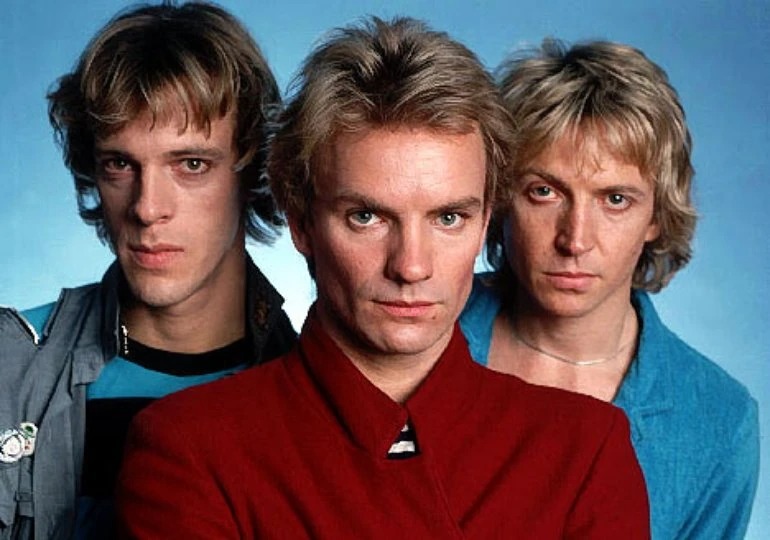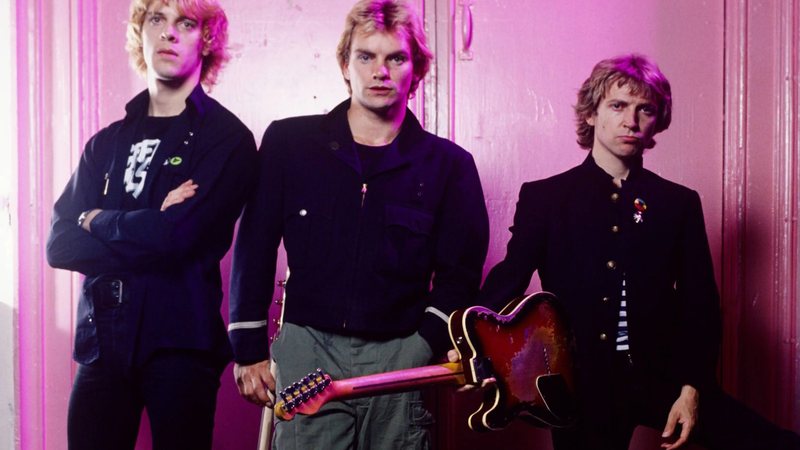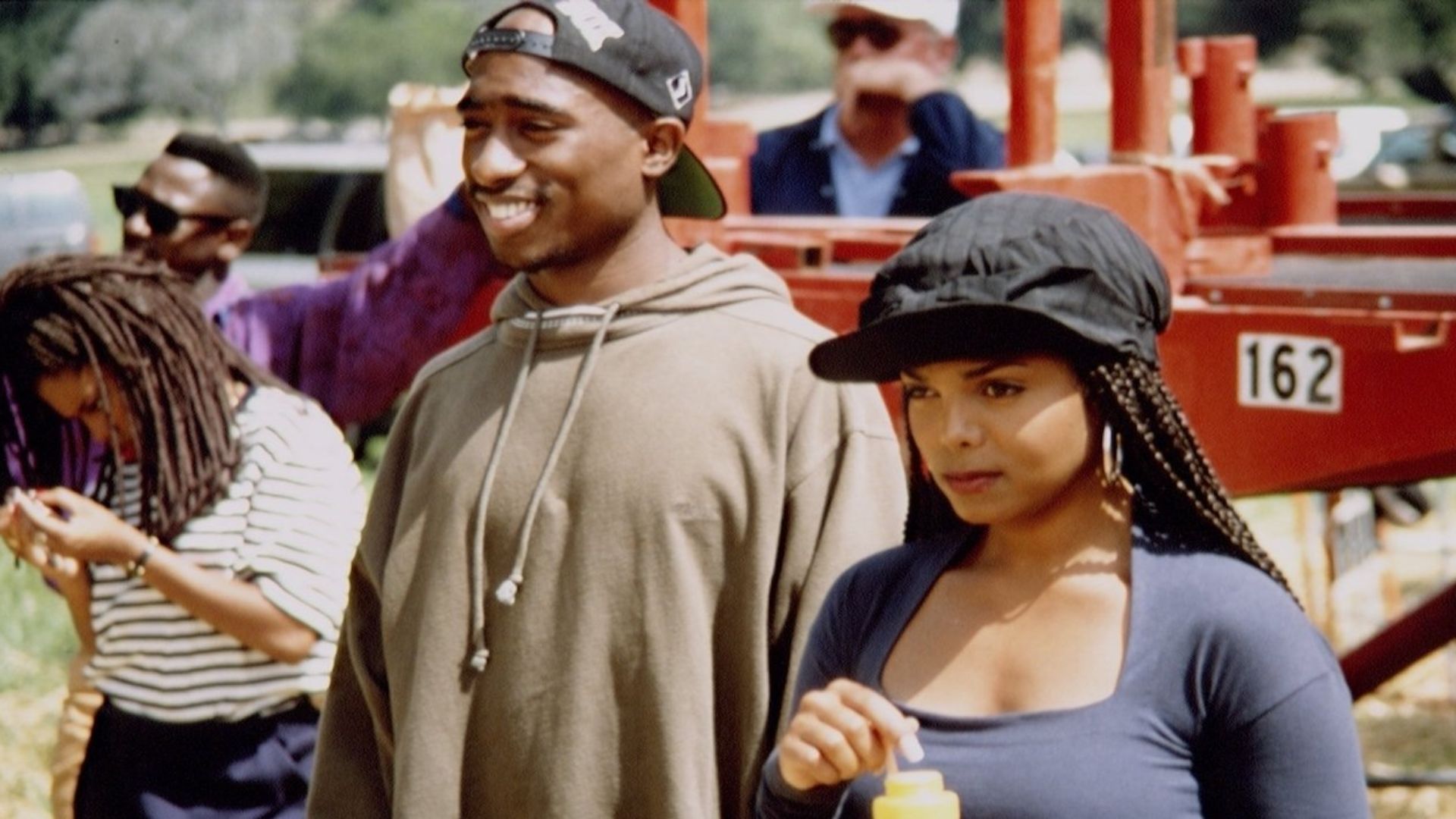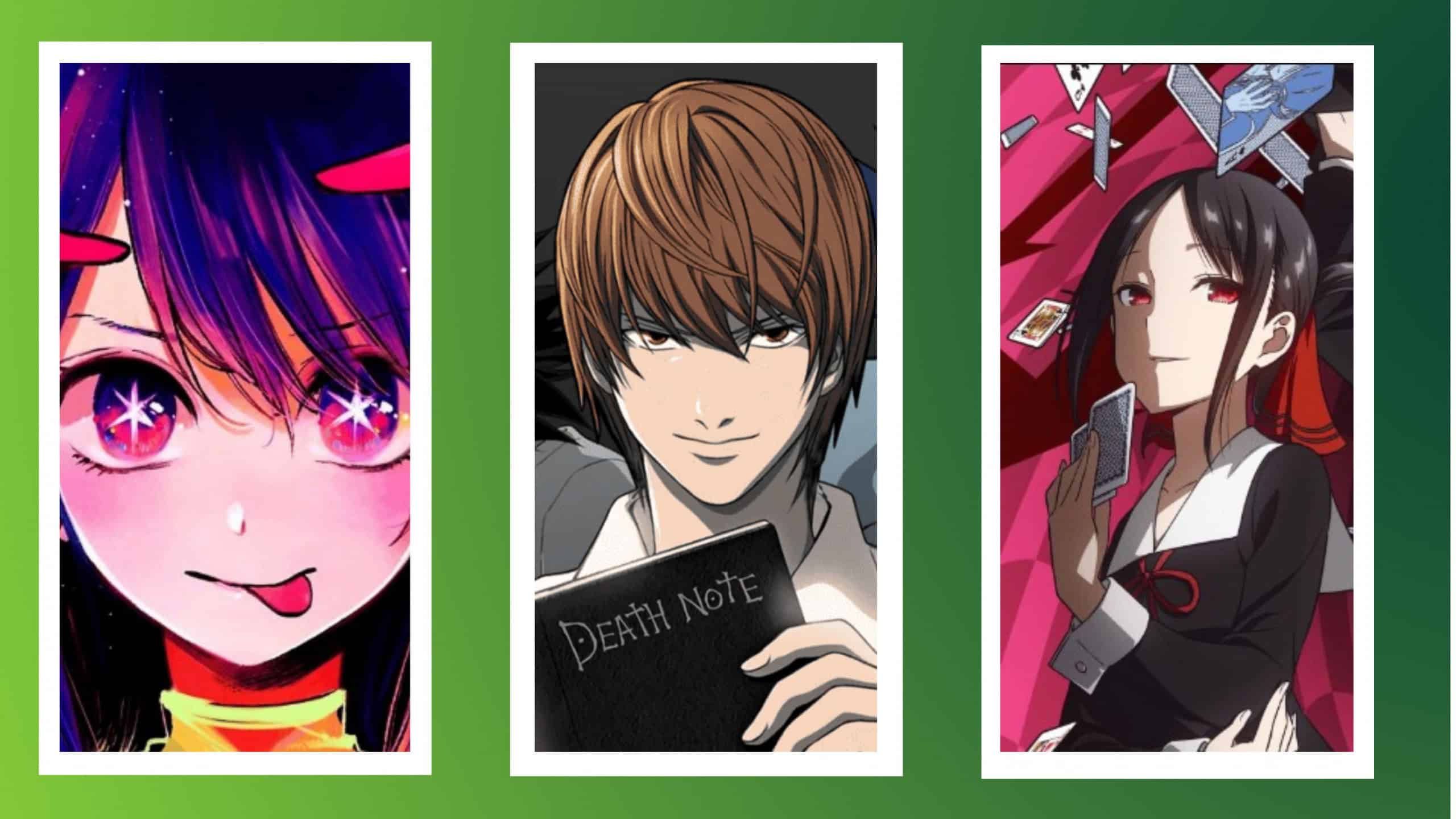Drummer also reflected on the finite nature of not only the band as a whole, but also the meeting held between 2007 and 2008
By standards seen in the music industry, the trajectory of The Police it was quite short. The London band existed between 1977 and 1986 — just under a decade — and reunited for a tour between 2007 and 2008.
In the opinion of Stewart Copeland, the break in the 80s occurred “at the right time”. A curious sight, as the band was at the height of their popularity and had released their most famous album, Synchronicity (1983), following the hit “Every Breath You Take”.

The drummer addressed the subject in a recent interview with Rick Beato (via Ultimate Guitar). On that occasion, he revealed why the entire group for Sting (voice and bass) and Andy Summers (guitar) came to an end at the ideal time: there was no time to decline.
“It was great that we never saw the other side of the parable, the inevitable decline on the other side. That’s very rare, because normally the thought is: ‘we should make one more album’. We were surrounded by people who thought we should make another record.”
Copeland considers it almost miraculous that the trio recorded five albums. The reason? Tensions already began to appear during the recording of the third work.
“Looking back, I’m really grateful that we made it to five albums, because really, it was all going to end after the third, Zenyatta Mondatta (1980), which was the first time where tension within the band began to appear. And then when we went to Montserrat (Spain) to do Ghost in the Machine (1981), it was hell on earth.”
The differences in The Police
Still according to Stewart Copeland, the differences between the musicians of The Police had two different functions. In the beginning, they served as catalysts for creativity. Afterwards, they helped separate the musicians.
“It was only decades later, in band therapy, that we discovered what the problem was: we make music for different reasons. When we were young and codependent, we were inspired by our differences. […] But then, after Sting wrote a series of hits… because he was a rookie. Andy (Summers) had already recorded in every studio in the world, I had already made some records and knew some things, but it was Sting’s first band. He was very grateful at first. But he learned. He catches on quickly.”
Sting’s evolution, in Copeland’s opinion, made the differences even greater. The vocalist and bassist learned, according to the drummer, “not just how to record an album, but how to make a perfect arrangement for a pop song”. His personality was already too big for the band.
“It became increasingly difficult for him to commit, because he doesn’t just compose a melody and lyrics: he creates everything, including the drum part, in a mentally perfect creation.”
Meeting with expiration date

Between 2007 and 2008, The Police returned for a series of shows. The musicians already knew that it would not be a definitive reunion: there would be an end. Stewart Copeland said he and Sting were eager to get it over with.
“The last few shows, Sting and I were like, ‘Okay, how many more shows? 12? How many hours, minutes more, will we be stuck together on stage?’. At that time, I was able to reassure him: ‘Dude, we’re not making an album. I know everyone around us hopes so, but know that you don’t have songs for The Police… so you don’t have to worry about that. We are fine. Let’s enjoy’. And he followed that. We let go. […] Walking off the stage at Madison Square Garden after our last show, it was the warmest feeling. We achieved. Sting, you are a son of a bitch, have a great life.”
Source: Rollingstone
Earl Johnson is a music writer at Gossipify, known for his in-depth analysis and unique perspective on the industry. A graduate of USC with a degree in Music, he brings years of experience and passion to his writing. He covers the latest releases and trends, always on the lookout for the next big thing in music.








